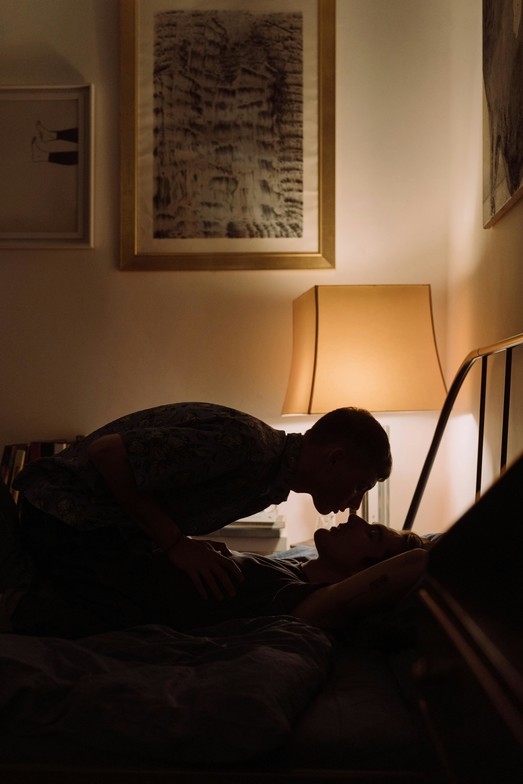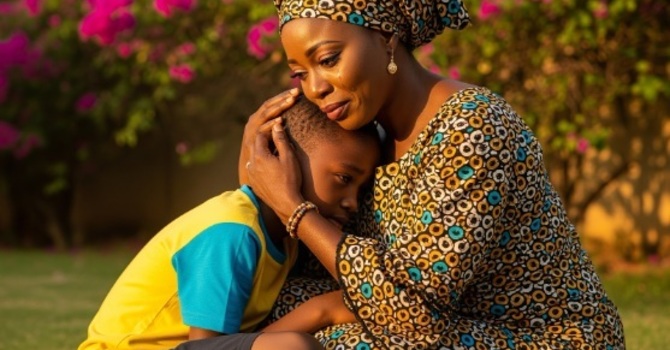
Facing the end of life—our own or someone we love—can bring uncertainty, fear, and a need for support that goes beyond the medical. A death doula offers emotional, spiritual, and practical guidance to help individuals and families navigate this time with more clarity, dignity, and peace.
What Is a Death Doula?
A death doula — also known as an end-of-life doula or death midwife — is a non-medical professional who provides emotional, spiritual, and practical support to individuals nearing death and to their loved ones.
Death doulas work alongside healthcare providers and hospice teams to support and empower individuals to maintain agency and dignity during the dying process. Their approach is holistic and client-centred, focused on caring for the whole person rather than only the illness.
Much like a birth doula, a death doula offers guidance, structure, and compassionate presence through one of life’s most significant transitions. Depending on the needs of the individual or family, their support can include:
-
End-of-life planning, communication, and organization
-
Legacy work and life review
-
Vigil planning or bedside presence
-
Respite for caregivers
-
Advance care planning
-
Grief and bereavement support
-
Personalized rituals to honour the dying process
A death doula can become involved at any stage — from the initial diagnosis of a terminal illness through to after-death care and family support. Their work is rooted in compassion, dignity, and empowerment, helping people face death with more clarity and less fear.
A Brief History of Death Doulas
Death doulas have existed in some form for as long as humans have lived and died. Historically, communities cared for their own, observing cultural and religious rituals that guided how a person was supported in dying.
In recent decades, the modern death doula movement has re-emerged as a more formal profession. It gained momentum in the early 2000s, influenced by the home funeral movement and a broader desire to return end-of-life care to a more personal, community-based model.
At its core, the death doula role revives something deeply human — the practice of accompanying others through death with presence, compassion, and intention.
Why You Might Need a Death Doula
Facing death — your own or someone you love — can be disorienting, emotional, and filled with uncertainty. A death doula can provide steadiness, guidance, and care throughout this process.
Here’s how their support can help:
1. A Steady Point of Contact
When everything feels uncertain, a doula offers continuity — someone to turn to with questions, emotions, and changing needs.
2. Connection and Resources
They can connect families to community supports, palliative programs, and grief resources, helping reduce isolation and overwhelm.
3. Emotional and Relational Support
Doulas create safe spaces to talk openly about death and other topics often seen as taboo. They offer calm, compassionate presence and help families navigate emotional complexity and difficult conversations.
4. Practical Guidance
From psychoeducation and planning bedside vigils to supporting funeral or visitation logistics, doulas help make the practical aspects of dying more manageable and aligned with personal wishes.
5. Advocacy and Communication
Doulas bridge communication between the dying person, their family, and healthcare providers — ensuring the person’s values and preferences remain central to all decision-making.
6. Legacy and Meaning-Making
They help individuals create legacy projects, letters, or rituals that honour their life and relationships, supporting closure, reconciliation, and reflection.
7. Family Support After Death
After death, doulas can help families navigate early grief, create rituals of remembrance, and find continued bereavement support.
Curious About Death Doula Support?
If you or someone you love is facing the end of life, you don’t have to go through it alone.
A death doula can offer grounding, clarity, and care — before, during, and after death.
To learn more about death doula services or psychotherapeutic support for grief, caregiving, or end-of-life transitions, you can get in touch here for a free 20-minute consultation.
Monica Lau
Contact Me


